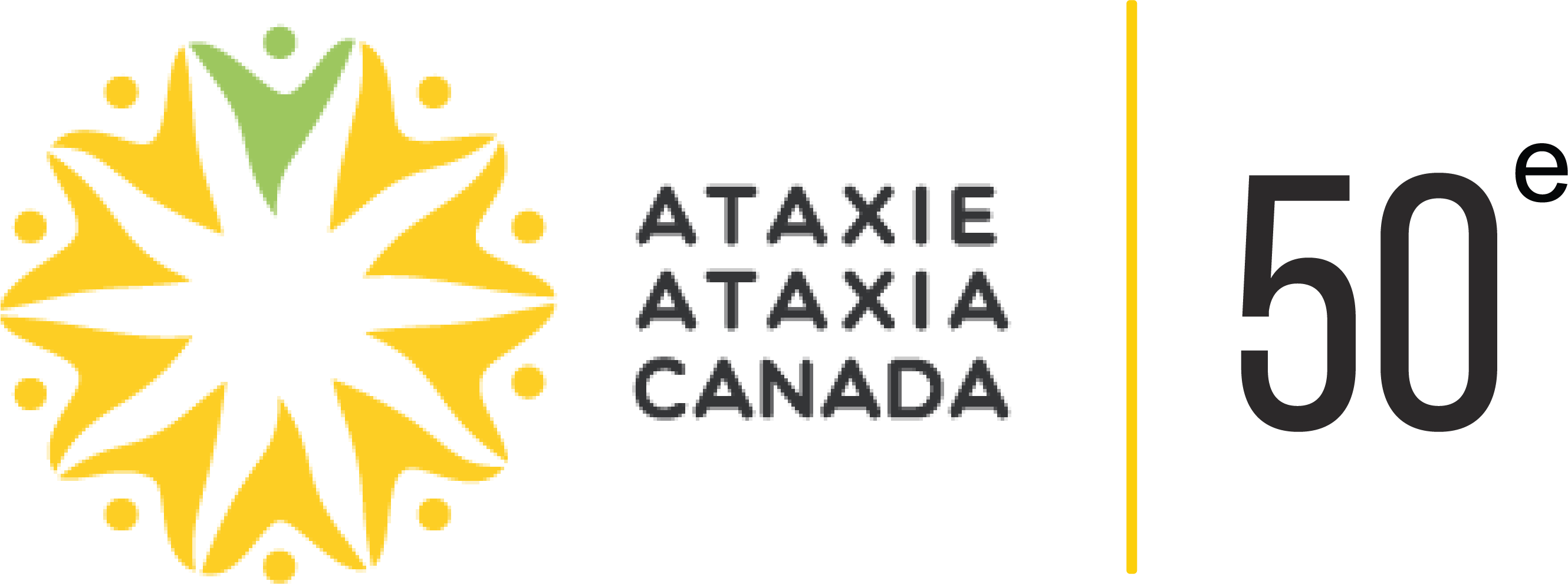Following correspondence with Health Canada and Santhera, we present the results of the negotiated agreement:
- Santhera formally commits to offering, and thus delivering, Catena to Canadian patients who are approved by Health Canada’s Special Access Programme (SAP). The price will remain about the same.
2. Santhera can in no way influence the process of the Special Access Programme, through actions involving public (e.g.: RAMQ) or private (e.g.: Great West Life) organizations. Santhera’s role is limited to the shipping of Catena to Canada through a distributor (IDIS) located in England (The pills will be shipped from England to Canada). There will be no more commercial resources in North America for Santhera; furthermore, it will be illegal for Santhera to promote Catena in Canada.
These measures take effect April 30, 2013. - The success of this process depends on 2 key points:
- Health Canada’s approval to authorize the importation of Catena on a case-by-case basis (evaluating each patient’s request).
- Reimbursement for Catena provided by the RAMQ, private insurance, or other Canadian provinces.
How to proceed with the Special Access Program (SAP):
- The doctors providing treatment have a crucial role in the process. They must make the official request to Health Canada for each patient by faxing forms A and B (see the joint attachments) to Health Canada.
- Doctors should expand the file as much as possible, mentioning previous clinical success, current and expected benefits, and all other pertinent information to Health Canada; this is necessary as Catena has been pulled from the market.
- Health Canada’s SAP service is committed to studying the file as quickly as possible (24 hours or possibly longer), and to subsequently issuing an authorisation or refusal to the doctor making the request, always on an individual patient-by-patient basis (one patient’s acceptance does not imply that all future requests for Catena will be authorised, the process is really case-by-case).
- Following their decision, Health Canada will inform Santhera of the situation and Santhera will be required to send the product directly to the doctor who made the request. The doctor is responsible for the storage of Catena and its distribution to the patient.
- Questions of reimbursement must be resolved before or during the process. This is the step at which CAFA can use all of it’s power and influence with the RAMQ to “argue for the reimbursement of medication costs.” This is outside of Santhera’s control, but the RAMQ’s agreement in the file would constitute a key element in the request.
SAP – Questions and Answers and form (in English)
For any questions concerning these developments, doctors can contact CAFA through email at ataxie@lacaf.org or by phone at (514) 321-8684.
